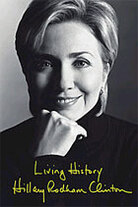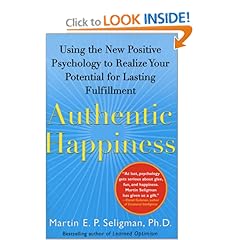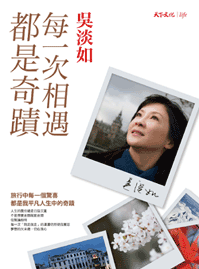Professional presence and image are cornerstones to career advancement and financial success. Studies show that 55% of other people’s perception of you is based on your visual appearance, 38% is based on your tone of voice, and 7% based on the words you use. These statistics prove that while sounding intelligent contributes to presenting a powerful image, other factors like appearance, nonverbal communication, proper etiquette and social graces are also key contributing factors.
Many social psychologists believe that you only have thirty seconds to make an impact on others. They claim that within the first 30 seconds of interaction, others assume your trustworthiness, level of education, job competence, ethnicity, sense of humor, and personality – largely based on what they see, and all before you open our mouth.
Whether you are an entry level employee who aspires to move up the ladder, or a manager seeking information to enhance your team’s grooming and appearance standards, consider these twenty basics.
1. Always take pride and care in your personal appearance, dress, and grooming. This is essential to presenting a professional image at all times, and a positive, lasting impression.
2. If your job requires you to wear a uniform, it should be well-maintained, clean, and pressed everyday. If your uniform is ripped, torn, or damaged, notify the proper individuals right away to have it repaired or replaced.
3. Shoes should always be polished and in good condition. For jobs requiring specific footwear, make it your priority to be in compliance to ensure uniformity.
4. Good hygiene is paramount to presenting a professional image. It goes without saying, bathe or shower, use deodorant, and brush your teeth daily. You never want to give off a body odor or breathe that is offensive to others.
5. Hair should always be clean, neat, and in a professional style. Ladies, if you have long hair it should be pulled back away from your face. Gentlemen, your hair should be trimmed at or above the standard collar line, unless otherwise specified by your company.
6. Gentlemen should be clean shaven at all times. Mustaches, if worn, should be neatly trimmed and not extend below the upper lip.
7. Ladies, make-up should be tastefully applied. Not excessive, especially eye-shadow and lipstick. Stay away from stark, glittery colors that may be distracting to others.
8. Keep your fingernails neatly trimmed, clean and moderate in length. Extreme decorations and length of nails can be distracting, so ladies should wear conservative shades of nail polish with little or no nail art or jewelry.
9. Remember, your name tag is a major part of your uniform. If required for your job, name tags should be worn on your left side, approximately 2-3 inches below your collarbone.
10. When it comes to jewelry, minimal is best. Depending on the business environment of your office anything more than one pair of earrings, one watch and/or bracelet, one necklace, and two rings may be considered excessive.
11. Body piercings and tattoos should be concealed and not visible while at work, unless otherwise specified based on your work environment.
12. Colognes and perfume should be used conservatively. Keep in mind some people have allergies that could be easy aggravated by your cologne or perfume smell.
13. Always be mindful of your undergarments. They should never to visible, even through your uniform.
14. Chewing gum at work is unprofessional. Instead carry mints to ensure your breath is never offensive to others.
15. Smile when talking on the telephone. Your voice will sound more pleasant, alert, and receptive to what the other person is saying.
16. Be mindful of your body language. Standing alert, a genuine smile, positive eye contact, and a firm handshake all contribute to presenting a welcoming and confident professional image.
17. The use of profanity at work is never acceptable, especially in the presence of customers, clients, and guests. Keep in mind, what you say and how you say it can immediately diminish your perception and respect within the work place.
18. Practice proper table manners, especially when attending social events for work. Remember, all eyes are on you, and in many cases judging your professionalism, even as you take a second to eat a bite of food or to sip a beverage.
19. Use proper grammar and vocabulary when conversing with customers, clients, and co-workers. Conservation is a great way to build positive, lasting business relationships. Never dominate a conversation, but be mindful to listen more to ensure you understand the other person’s perspective and leave them with a feeling of being valued and heard.
20. Be an ambassador of your company, in and outside of the workplace. Always speak positively. Avoid gossip and negativity by immediately addressing workplace issues and concerns with the appropriate person.
Bottom-line, your ability to be promoted and move up the corporate ladder is just as reliant on presenting a professional image, as it is on being technically competent to do the job. So if image is an issue that may be holding you back, start working on it today!
Theo Gilbert-Jamison is CEO of Performance Solutions by Design, a global performance consulting firm that caters to luxury and premium brands with an emphasis on transforming organizational culture. She is also the author of two books, The Six Principles of Service Excellence (2005), and The Leadership Book of Numbers, Volume I (2008). As the creative force behind Performance Solutions by Design, Theo is a highly sought after speaker and consultant to CEOs and senior executives in high profile organizations.
Similar Posts:















